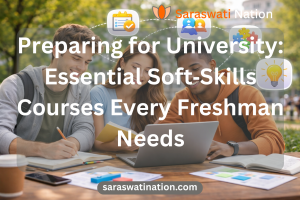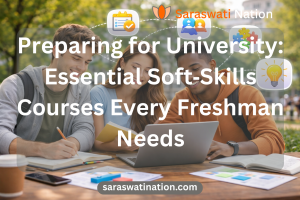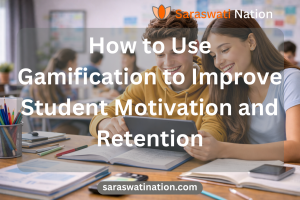
How to Train ChatGPT to Help You Study Specific Topics
Artificial Intelligence is no longer a futuristic concept — it’s a practical study companion for students in secondary school, high school, and university. Among all AI tools, ChatGPT stands out as one of the most versatile learning assistants. But here’s the key: the more effectively you “train” ChatGPT, the more it can help you understand complex subjects, prepare for exams, and study smarter.
In this guide, we’ll show you how to train ChatGPT to help you study specific topics, whether you’re mastering biology, history, mathematics, or literature.
1. Understand What “Training” ChatGPT Really Means
You don’t need programming skills to train ChatGPT — you just need to learn how to guide it with context. Training ChatGPT means feeding it information, prompts, and examples that help it “understand” what you want to study.
Instead of asking general questions like “Explain World War II”, you can provide structured context, such as:
“I’m a high school student preparing for a history exam. Please summarize the main causes of World War II in simple terms, and then quiz me with five multiple-choice questions.”
This way, ChatGPT adapts to your study level, goals, and preferred learning style.
2. Start by Defining Your Study Goals
Before using ChatGPT, write down what you want to achieve.
Do you need help understanding a subject, memorizing facts, or preparing for an exam? The clearer your goal, the better your results. For example:
- For comprehension: “Help me understand the concept of photosynthesis as if I were 14 years old.”
- For exam prep: “Create a 10-question quiz on cell biology with detailed explanations for each answer.”
- For essay writing: “Help me structure an essay about climate change causes and effects.”
This approach helps ChatGPT personalize its responses — almost like having a digital tutor who knows your strengths and weaknesses.
3. Provide Study Material and Ask for Summaries
If you’re studying from textbooks, notes, or articles, you can copy sections into ChatGPT and ask it to summarize or explain them.
For example:
“Here’s a paragraph from my economics textbook. Please summarize it in simpler terms and give me a real-world example.”
This technique is great for breaking down complex information and improving comprehension — especially in subjects like science or social studies.
4. Use ChatGPT as a Practice Partner
ChatGPT can simulate quizzes, flashcards, and oral exams. Try prompts like:
- “Ask me 10 short-answer questions about the French Revolution.”
- “Pretend you’re a teacher testing me on algebra equations.”
- “Turn these notes into flashcards with questions and answers.”
This interactive learning method helps students retain information faster and feel more confident before tests.
5. Customize the Difficulty Level
One of ChatGPT’s most powerful features is its adaptability. You can tell it how advanced or simple you want the explanations to be:
“Explain quantum mechanics as if I’m a high school student who knows basic physics.”
“Now make it more advanced — like a university-level explanation.”
By controlling difficulty, students can use ChatGPT throughout their entire academic journey — from basic concepts to specialized university-level subjects.
6. Use ChatGPT for Writing Assistance
Writing essays, reports, and summaries can be overwhelming. ChatGPT can help you:
- Generate essay outlines
- Suggest thesis statements
- Improve grammar and flow
- Provide feedback on drafts
For example:
“Here’s my essay introduction. Can you make it clearer and more academic while keeping my tone?”
AI-assisted writing support doesn’t just save time — it teaches better writing habits by showing what strong academic structure looks like.
7. Combine ChatGPT with Your Study Routine
AI is a powerful supplement, not a replacement, for your own learning. Combine ChatGPT with your existing tools — note-taking apps, online courses, or study groups.
For the best results:
- Use ChatGPT daily for quick reviews or Q&A sessions.
- Ask it to create personalized study schedules.
- Review mistakes together and ask for improvement strategies.
The more consistent your interaction, the more efficient your study process becomes.
8. Responsible Use: Learn, Don’t Copy
While ChatGPT can provide essays or full answers, remember that it’s a learning tool — not a shortcut. Always understand the material and rewrite in your own words.
Using ChatGPT responsibly helps you develop real skills that prepare you for higher education and professional life.
9. Take Your Learning Further with Saraswati Nation
If you want to get even more out of AI-powered learning, explore our online courses at Saraswati Nation. Our courses are designed to help students and parents use tools like ChatGPT effectively for studying, research, and academic success.
You can also get personalized online tutoring that integrates AI-assisted learning for faster results.
👉 Visit our shop to explore available online courses:
https://saraswatination.com/shop/
Or contact us directly if you want tailored advice or private lessons:
https://saraswatination.com/contact/



